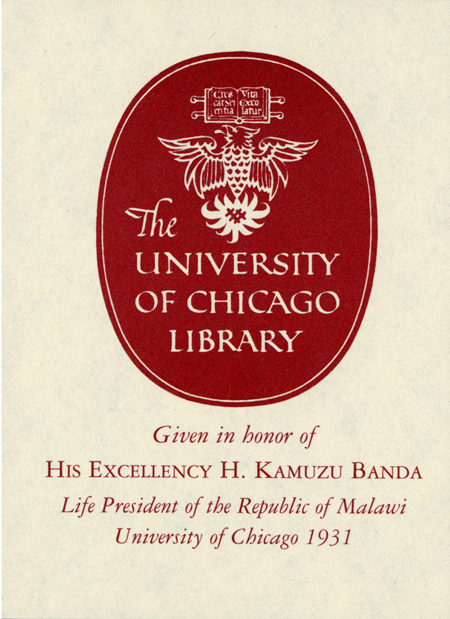Somalia : a new approach /
| Author / Creator: | Bruton, Bronwyn E. |
|---|---|
| Imprint: | New York : Center for Preventive Action, Council on Foreign Relations, c2010. |
| Description: | xiii, 45 p. : col. map ; 23 cm. |
| Language: | English |
| Series: | Council special report ; no. 52 CSR (New York, N.Y.) ; no. 52. |
| Subject: | |
| Format: | Print Book |
| URL for this record: | http://pi.lib.uchicago.edu/1001/cat/bib/8128084 |
| Summary: | Even among failed states, Somalia stands apart. A country of some nine million, it has lacked a central government since the fall of Mohamed Siad Barre's regime in 1991. Poverty and insecurity are endemic. Less than 40 percent of Somalis are literate and more than one in ten children die before turning five. The specter of Somalia as a sanctuary for al Qaeda has become an important concern, and piracy in the vital international shipping lanes off Somalia's coast remains a menace. In this report, Bronwyn E. Bruton proposes a strategy of "constructive disengagement" to combat terrorism and promote development and stability in Somalia. Instead of supporting Somalia's unpopular Transitional Federal Government, Bruton argues that the United States should accept an Islamist authority as long as it does not impede international humanitarian activities or support international jihad. Bruton also advocates for a decentralized approach to U.S. foreign aid distribution by working with existing local authorities. And she counsels against an aggressive military response to piracy, making the case instead for initiatives to mobilize Somalis themselves against pirates. |
|---|---|
| Item Description: | "March 2010" |
| Physical Description: | xiii, 45 p. : col. map ; 23 cm. |
| Bibliography: | Includes bibliographical references (p. 36-37). |
| ISBN: | 9780876094730 0876094736 |

